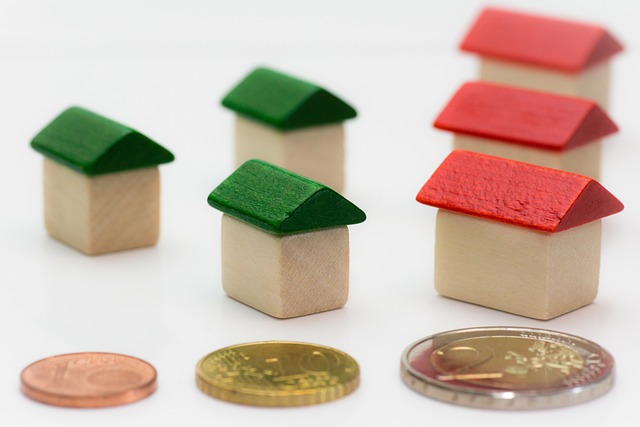It is hard to manage a household on a budget. Many expenses come with it. One of the most important things to do is to set a budget and stick with it. A good way to start is by listing all the monthly expenses and then categorizing them into necessary and unnecessary ones. Necessary expenses include rent, food, transportation, utilities, etc. Unnecessary ones are things like cable TV subscriptions or expensive clothes that you don’t need.
Once you know what your monthly income is, you can then figure out how much money you can spend on necessary expenses such as rent and food. This will give you an idea of how much money will be left over for unnecessary expenses such as cable TV subscriptions or clothes shopping. The key to a successful household is managing your budget. There are many ways to do this, but here are 5 of the most popular ones.
Make a list of all your monthly expenses
A budget can be a useful tool for managing your household’s finances. It is a plan of how you spend your money. A budget will help you to save money and also avoid debt.
There are many different ways to make a list of all your monthly expenses, but the easiest way is to start with the basics: housing, food, transportation, utilities, insurance, and other necessities.
Once you have these categories down then it’s time to add in more specific items like groceries or entertainment. Budget categories could include;
• Housing
• Utilities
• Food
• Transportation
• Car, public transportation, taxes, and tolls.- Insurance (if applicable)
• Miscellaneous items
• Debts, gifts, entertainment, etc.
Prioritize and cut the things that you can live without
The first thing to do is to prioritize and cut the things that you can live without. What are the things that you need? What are the things that you don’t need?
As the cost of living is rising, it is important to manage your household budget and make sure that you are not overspending. It is also important to keep track of your spending habits to manage a household budget.
The next step is to cut down on what you can live without. For example, if you have a TV and a phone, but not a computer, then it may be worth considering cutting down on your internet plan. You may also want to consider cutting out your cable TV package if it’s not necessary for your job or studies.
Make a grocery list and stick to it
To maximize the amount of money you spend on groceries, it is important to make a grocery list and stick to it.
It is easy to get distracted while shopping and buy things that you don’t need or forget items that you need. When making a grocery list, think about what your family needs or likes. You can also do some research on what different items cost in different stores so you can find the best deals.
When grocery shopping, avoid impulse buys and only buy what is on your list. If you are at the store with your kids, try not to let them pick out any snacks or sweets unless they are on the list. This will help prevent unnecessary spending.
Track your spending habits and see where you can cut back
There are many ways to keep track of your spending habits, but the most popular way is to use a spreadsheet. You can use Excel or Google Sheets to create a spreadsheet and set up columns for each month, each category of expense you want to track, and the total amount spent in that column.
The next step is tracking your expenses in those categories during the month. You can do this by creating a row for every day and entering how much you spent on each category during that day. If you’re not sure what something was for, then you can add a column with the date and description of what it was for.
Find ways to make extra money
When it comes to managing a household on a budget, there are many things you can do. You can find ways to make extra money, reduce your spending habits, or combine both.
There are many different ways that you can make extra money. For example, you could start a side hustle like driving for Lyft or Uber. You could also sell items online through sites like eBay or Amazon. Another way is to get creative and sell something that you already have around the house like old clothes or toys.
Conclusion
A budget is a plan for how to spend your money. It is a list of all the things you need and wants to buy. When you manage a household on a budget, it helps you decide what to spend your money on. You can put together a budget by listing all of your monthly income and expenses. Figuring out what you can afford to spend each month. Also, deciding which expenses are necessities, like rent or food, and which are luxuries, like entertainment or clothing. And creating a spending plan that includes both necessities and luxuries.



